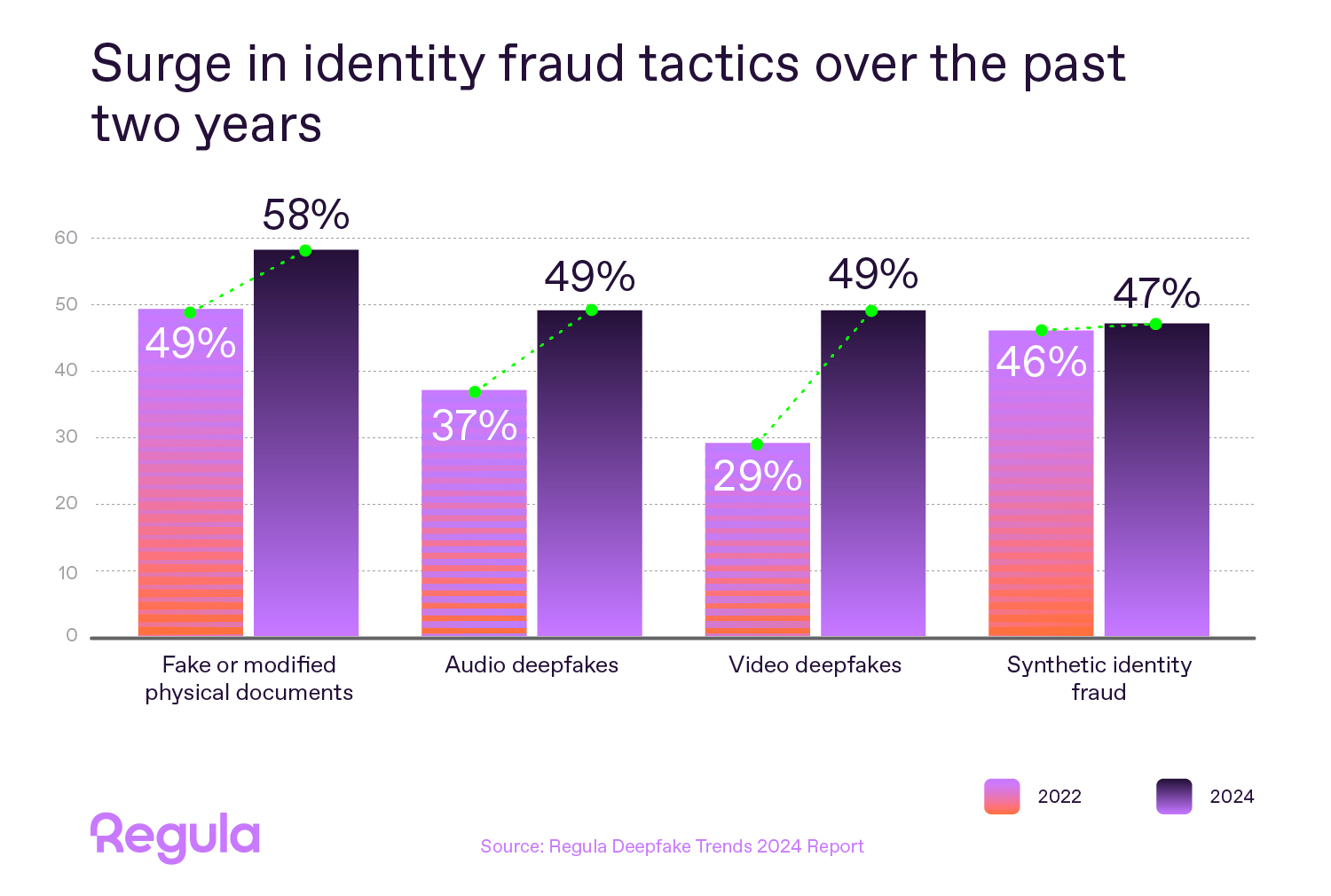![]()
HK, HK, June 5th, 2024, Chainwire
Web3 Foundation, the entity supporting the growth of the Polkadot ecosystem, has awarded a grant to PolkaPort East. The Decentralized Futures (DF) grant is designed to help further decentralize Polkadot while spearheading technical, community, and broader ecosystem adoption.
PolkaPort East is an independent entity leading investor relations and growth initiatives for Polkadot centered on Hong Kong and the Greater Bay Area. The DF grant from the Web3 Foundation is the first such award to be received by an organization working in Asia.
The grant will support PolkaPort East’s goals of leading investor relations and growth for Polkadot in the region. Its mandate also includes promoting Polkadot and its technology, and acting as a key regional driver of capital into the ecosystem.
Max Rebol, co-founder of PolkaPort East and CEO of Harbour Industrial Capital, a Polkadot-focused VC fund, said: “The launch of PolkaPort East comes at a crucial moment for Polkadot. It represents a critical step towards increasing the network’s decentralization while strengthening the ecosystem’s strategic position in Hong Kong. Thibault Perréard, also a co-founder who heads up strategy for Bifrost, a leading Polkadot parachain added: “With the support of the DF grant, PolkaPort East will be tapping into the thriving innovation hubs of Hong Kong and the Greater Bay Area while engaging and fostering relationships with local governments, global enterprises and capital allocators of the region.”
Vincent Chan, the third co-founder of PolkaPort East who formerly led growth initiatives at Parity Technologies, explained that following the receipt of the DF grant, the initiative will seek to attract participants to the Polkadot ecosystem across Asia. These include projects and developers looking to build on Polkadot, Polkadot-native VCs, funds, and capital allocators, as well as general web3 investors. It will also target Asian university blockchain collectives and associations, fintechs seeking to enter web3, and local government exploring the use of blockchain technology.
Speaking on behalf of the Web3 Foundation, David Hawig, the Director of Ecosystem, stated “The Web3 Foundation is thrilled to support the Polkaport East initiative through a Decentralized Futures grant. This project exemplifies our commitment to fostering decentralized access and innovation within the Polkadot ecosystem. We believe Polkaport East will play a pivotal role in enhancing connectivity and empowering the community in Hong Kong, driving forward the vision of a truly decentralized internet.”
About Decentralized Futures
The DF initiative developed by Web3 Foundation is designed to kickstart independent teams and initiative that will drive Polkadot’s success. It was established in 2023 following the restructuring of Parity Technologies which offloaded responsibilities for investor relations, growth and marketing to focus solely on technical development.
Through the DF program, funding is available for Polkadot-focused organizations that aim to generate profit, as well as for non-profits that have a strategy to secure ongoing financing through Polkadot’s onchain treasury system. An initial $20M plus 5M DOT tokens have been allocated to Decentralized Futures to expand the Polkadot ecosystem.
About PolkaPort East
Based in Hong Kong, PolkaPort East is an organization tasked with spurring adoption of the Polkadot ecosystem in Asia with a focus on Hong Kong and the Greater Bay Area. By working with different entities ranging from developers to investors, PolkaPort East will help to fuel adoption of web3 technology and onboard new users to Polkadot.
Contact
DIrector
Thibault Perréard
Polkaport East
[email protected]


Recent Comments